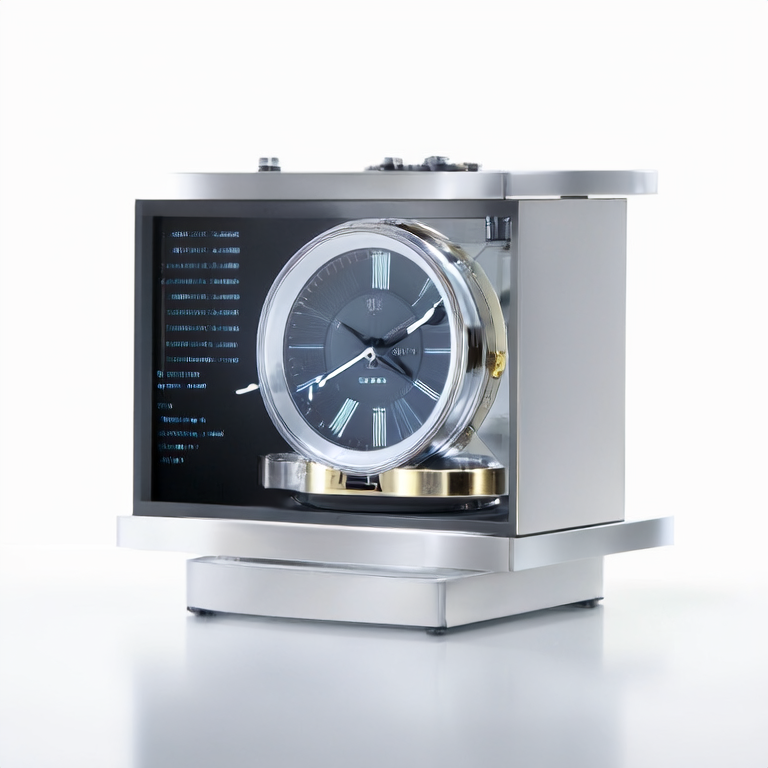
 EN
EN
The cost benefits of upgrading to next-gen atomic clocks are significant. These advanced timekeeping devices provide unmatched precision. Yet, many industries still use older clock technologies. This can lead to errors and increased costs. For example, scientific research, telecommunications, and military applications all rely on accurate timing. Upgrading to next-gen atomic clocks can solve timing issues and improve overall performance. By investing in modern technology, organizations can save money, reduce errors, and enhance efficiency.

In short, **upgrading to next-gen atomic clocks can lead to significant cost savings and improved accuracy in various applications**. Businesses and organizations using these clocks can reduce downtime, achieve better productivity, and ensure reliable operations.
Next-gen atomic clocks offer accuracy levels in the range of billionths of a second. For industries like GPS technology, this precision is vital for functionality.
Upgrading can lower long-term costs. Older clocks may require frequent maintenance and repairs. Modern devices typically enhance reliability and decrease maintenance needs.
With better timekeeping, organizations can streamline operations. Accurate timing boosts coordination between systems and reduces delays in processes.
Investing today ensures compatibility with future tech advances. Next-gen atomic clocks are designed to integrate with upcoming technologies, securing your investment.
Organizations that use advanced timing solutions often have an edge in their fields. This advantage is crucial in sectors that depend on precision, like finance and telecommunications.
Many industries must meet strict regulations regarding timing accuracy. Upgrading helps ensure compliance with ongoing changes in these standards.
In conclusion, the cost benefits of upgrading to next-gen atomic clocks are clear. These devices enhance accuracy, reduce operational costs, and improve efficiency. Organizations that invest in advanced atomic clocks position themselves for future growth while enhancing their current capabilities. For any business prioritizing precision and reliability, upgrading is a smart decision.
1. What types of industries benefit from atomic clocks?
Industries such as telecommunications, scientific research, and military applications greatly benefit from atomic clocks due to their need for precise timing.
2. How much more accurate are next-gen atomic clocks compared to older models?
Next-gen atomic clocks can achieve performance within a billionth of a second, vastly improving accuracy compared to older versions.
3. What should I consider before upgrading?
Consider factors like your current technology, future needs, and budget. Assess the costs of downtime versus the benefits of accurate timekeeping.
4. Can upgrading to atomic clocks improve productivity?
Yes, with more precise timing, businesses can operate more efficiently, leading to increased productivity.
5. Are there any ongoing maintenance costs for atomic clocks?
While next-gen atomic clocks are designed to be reliable, some regular maintenance may still be necessary to ensure optimal performance.
6. How can I choose the right atomic clock for my business?
Consult with experts in the field and evaluate your specific needs. Different models provide varying features tailored for various applications.
Latest News